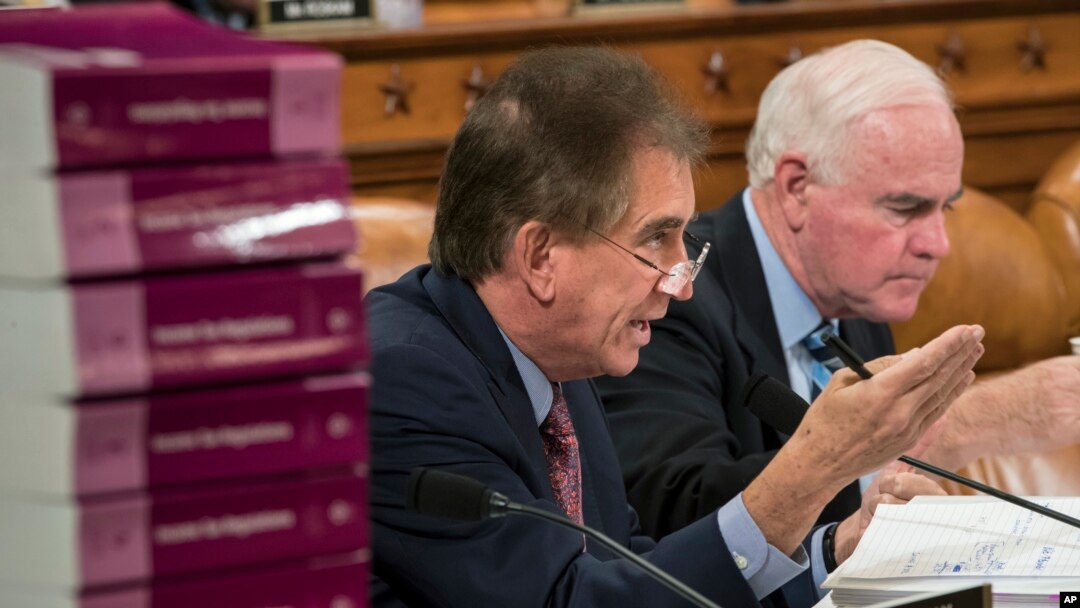An independent analysis has concluded the U.S. tax overhaul being advanced by Republican leaders in the House of Representatives would add $1.7 trillion to the country's debt during the next decade, about $259 billion more than previously assumed.
The Congressional Budget Office analysis was released Wednesday as lawmakers continue to consider an array of proposals aimed at cutting the country's corporate tax rate from 35 to 20 percent and trimming tax rates for many, but not all, middle-class families, broadly defined in the United States as those with an annual household income of $49,000 to $86,000.
The new analysis from the agency that is considered to be the independent scorekeeper for congressional financial policies could complicate Republican plans for the House to adopt the tax overhaul before the country's Thanksgiving holiday on November 23.
Republican lawmakers had pledged the tax cuts over the next decade would not add any more than $1.5 trillion to the country's current and growing long-term debt of more than $20 trillion.
With the CBO's estimate the tax changes would cost more, the majority Republicans in the House would have to change their proposals to keep the additional costs within the $1.5 trillion limit they have imposed on themselves.
The tax overhaul could be the country's first substantial changes to its labyrinth tax code in more than three decades. Senate Republicans are expected to unveil their tax change proposals on Thursday, which are likely to be widely different than the House proposals.
President Donald Trump has called for the tax overhaul, but both chambers of Congress would have to approve identical pieces of tax legislation before he could sign the measure.





